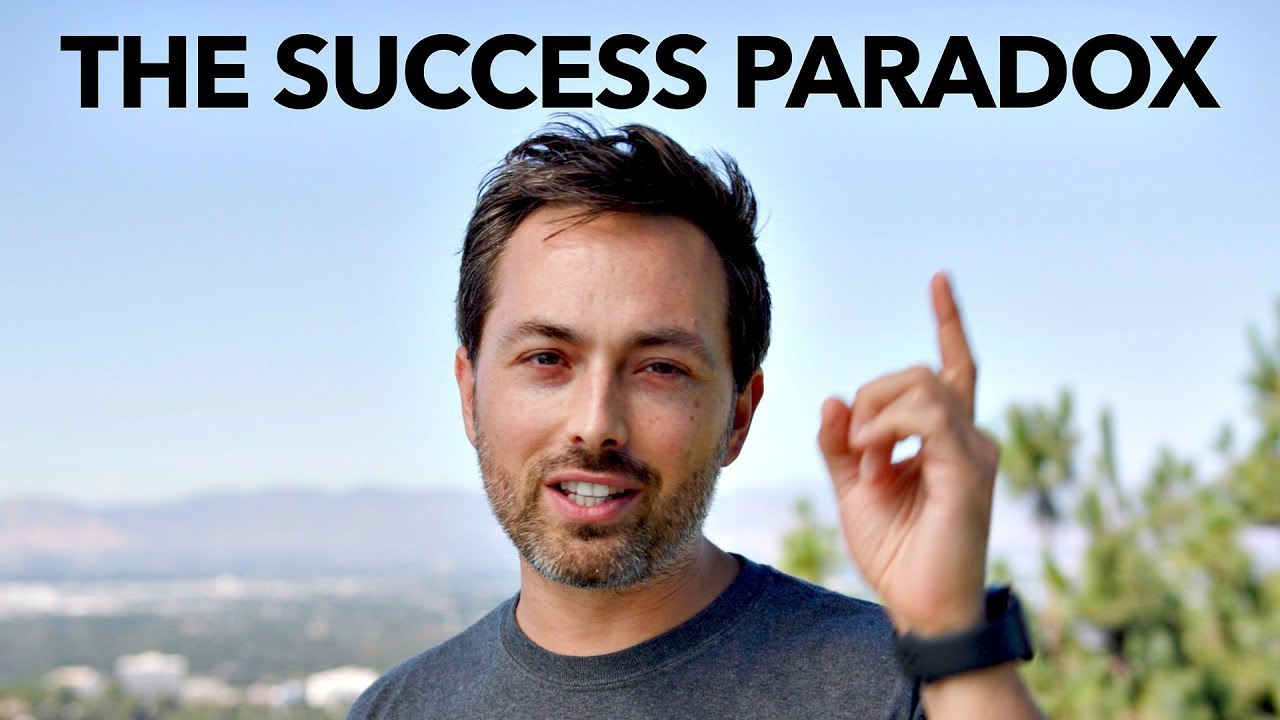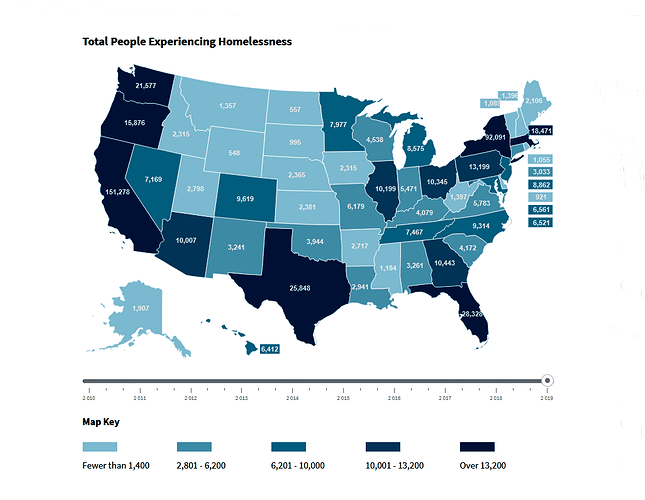Thanks @Bojack for splitting the thread. 
Bingo. The numbers take only into account the expenses paid with local taxes, I’ve not taken a deeper look at my Kanton’s and federal budget (yet).
This was a fairly classic year in our budgets, but the sports part is due to a sports complex that is highly debated at every legislative assembly when we speak about budgets or accounting. The road situation is actually fairly normal for a mountain Gemeinde with a wide network. I’ve not accounted for cantonal subsidies or intercommunal solidarity (which would reduce the weight of that amount) because that money still comes from taxes, though it may have helped to draw a less specific picture applying to a specific Gemeinde. I wanted to use real numbers for which I knew what was behind them in order to evaluate if I had a personal use of the services they provide but the expenses of each Gemeinde will be split differently, and big differences between cities, villages, plain, mountain and other factors will play a big role.
My purpose was to adress the personal usefulness of taxes vs social contributions witheld from the gross salary. The purpose was not to adress the specific numbers (though I’m more than willing to discuss them with anybody wanting to do it) but the overall usefulness of what taxes pay for.
It’d be hard because, mostly, I don’t know what my life would be without them. I’m actually working as the head of road planning (among other things), so I know about that budget and I don’t think we’d reach more efficiency by having it handled privately though, of course, other taxes than income taxes could be used with equal or better efficiency (taxes relative to the actual consumption that is done of the infrastructure can reduce the use of it, and the need to handle more trafic). Is it worth 125.- per month to me, which is what my local taxes contribute to it? Yes, I do think so. That’s roughly what I pay for fuel, or car insurances, and less than my gifting budget, the service, to me, is worth it.
That price is possible because the GA is heavily subsidised. Taxes pay for railroads in order to allow cheaper access to the population because we want to encourage people to use public means of transportation. That would be our public transportation budget. We could erase that and let people pay the full price for their ticket but then, the railroad company would probably not be able to be profitable and we’d loose access to train.
A comparison could be made for phone coverage. My abo is certainly not covering the price of coverage in the remote places where I go hiking, some of it is subsidied, by other people, potentially by the state. I could be made to pay for the true price of the service but that would mean that remote places wouldn’t be covered anymore. That’d mean people who can be rescued by helicopter after a mountain accident could no more call for help. That’d be a different society. Would it be worth it? I don’t know, I feel that we, as a society, do have a really poor risk tolerance and would benefit from rediscovering what risk really is but on the other hand, lives are at stake and I do believe in saving the people we can when the price isn’t too high.
The system can be optimized. I’m very grateful for vita trails and access to cheap sports halls, swimming pools and other facilities. Our Gemeinde has made the choice to pay for a big facility, other Gemeinden have lesser costs. I’d choose to pay less and have a more select set of accomodations if I were to make the decision on my own but then again, that’s roughly 125.-/month of my income I’m paying for it and I do hate being stuck behind slow people, so having more people be fit is a net win for me. Overall, the service is worth its cost in my view.
More than the 45.-/mo (540.-/year) that my local taxes pay for? Assuming I’m living for the average 82 years of male life expectancy in Switzerland, have the average 0.75 child (the other 0.75 making the full rate of 1.5 being attributed to my partner) and they go to mandatory school (which is what’s in that line of accounting) for 9 years, that’d cost me roughly 6’600.- per school year if my local taxes paid only for my child. That also makes it so that other children have a better shot at life if they have poor family conditions so, worth it to me. Not all geniuses who have changed the course of humanity were born in wealthy families, the more people we educate, the better shot we have at having breakthrough inventions popping out of the blue. I think we agree on this one though what you say of having wealthy people pay for the education of their own children is kind of what happens with income tax, I’d say: people with greater income will pay more of the education of the children (up to more than what it’d cost them to educate their own children only) to allow for people with less means to have cheaper, or free, education.
Of course, a combination of wealth and consumption tax would make a lot of sense too and could replace income tax if done properly (once again, my opinion).



